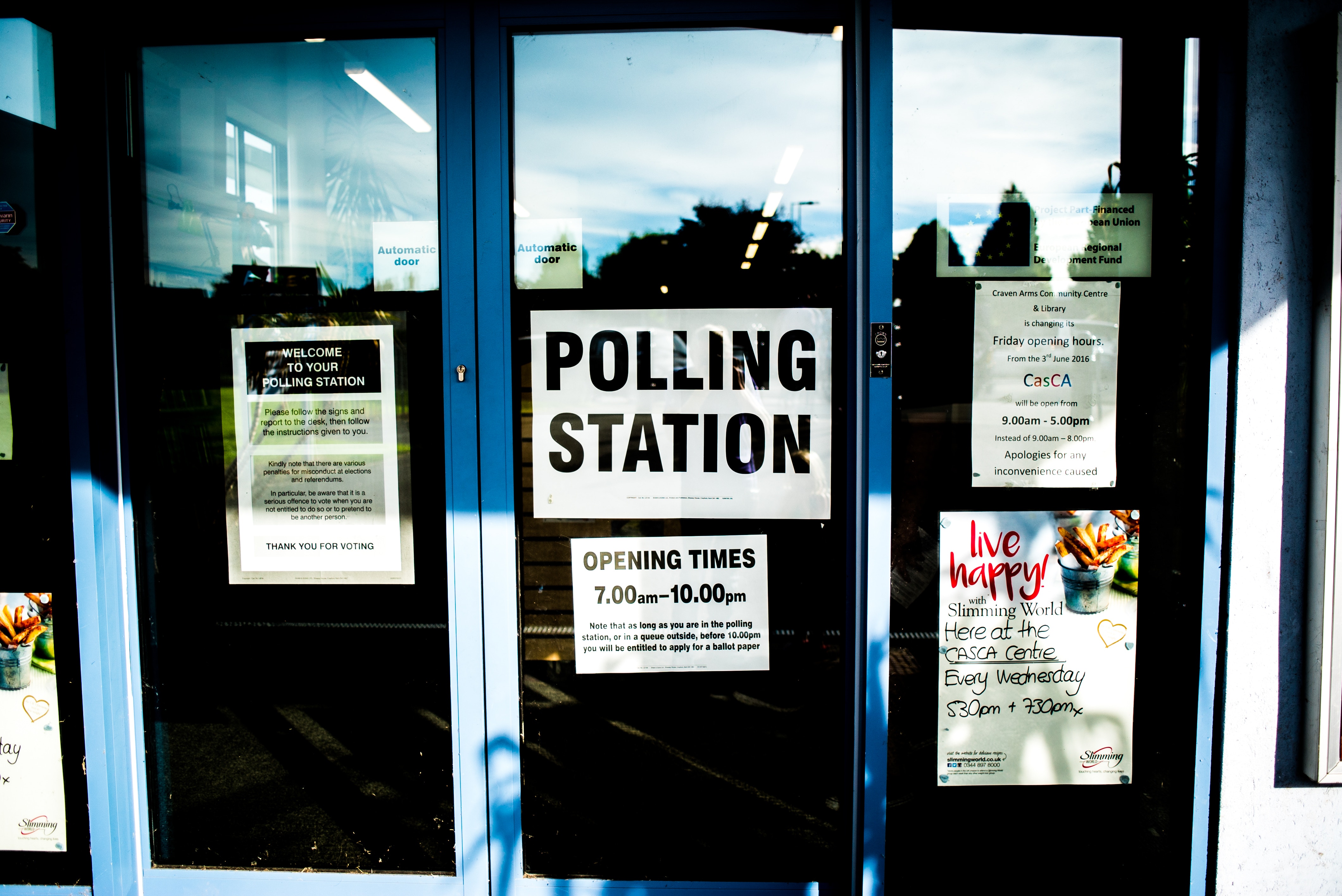Incident in Haiti Adds Rape to Growing List of U.N. Corruption Charges
A recent sex scandal in which peacekeepers are being accused of rape in Haiti is the latest blow to the image and credibility of the United Nations as a moral and trustworthy institution. In the past half a year, the development organization whose professed purpose is to maintain international peace and security, has been shaken by several high-profile scandals and charges of internal corruption.
A spokesperson for the U.N. said on Wednesday that investigations are being conducted into allegations that three Pakistani policemen raped a woman in Haiti while on a U.N stabilizing mission in the distressed country.
As reported by CNN, “The 23-year-old woman, who lives near the northern city of Gonaives, told local radio journalists the peacekeepers used another woman to lure her to a banana plantation with a promise of new clothing, and took turns raping her there.”
The U.N. stresses a zero-tolerance policy for soldiers which forbids sexual encounters with anyone under the age of 18 and forbids forced prostitution.
This case comes shortly after the United Nations reported extensive abuse of women by the 11,000 U.N. peacekeepers in the Congo where they are stationed on similar stabilizing missions.
French senior U.N. official, Didier Bourguet who worked at Goma airport as part of the UN’s $700 million-a-year effort to rebuild the Congo, was discovered to be the leader of an internet pedophile ring which produced three pornographic videos now on sale in the Congo.
Officials are now worried that the pornographic photos will become available to the public which would cause many more problems for the U.N.
“It would be a pretty big problem for the UN if these pictures come out,” one senior official said.
Another real concern that these investigations have uncovered is the question of the thousands of babies fathered by U.N. troops who sexually exploit, either through prostitution or force, women in the communities they are deployed to protect.
“An international organization examining the sex trade between [U.N. members] and local [Congolese] women found that in March there were 82 women and girls who had been made pregnant by Moroccan men and 59 more by Uruguayan men,” the Times Online reported Wednesday.
Earlier this month the U.N. suspended two senior officials, including the longtime head of the seven-year, $64 billion Oil-for-Food program for Iraq, in response to charges of corruption published in a report conducted by an independent commission.
Under the program implemented in 1996, Iraq was able to sell oil despite sanctions to buy humanitarian goods and fund various U.N. mandated activities concerning Iraq. Oil-for-Food was active from 1996 until the U.S.-led invasion of Iraq in 2003.


